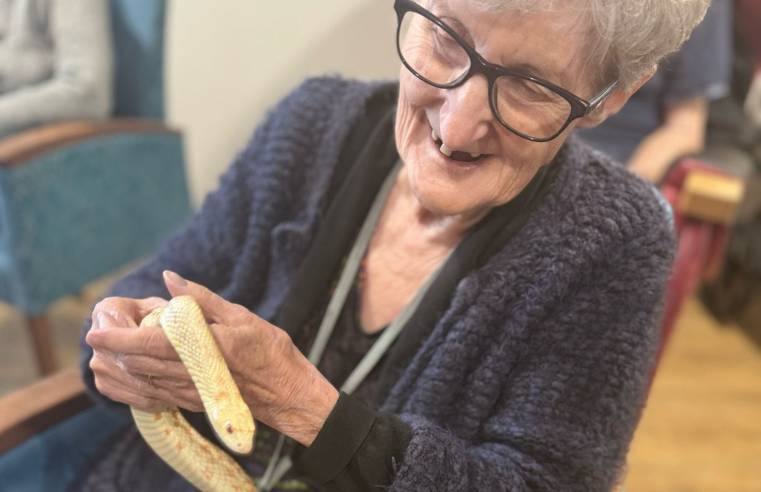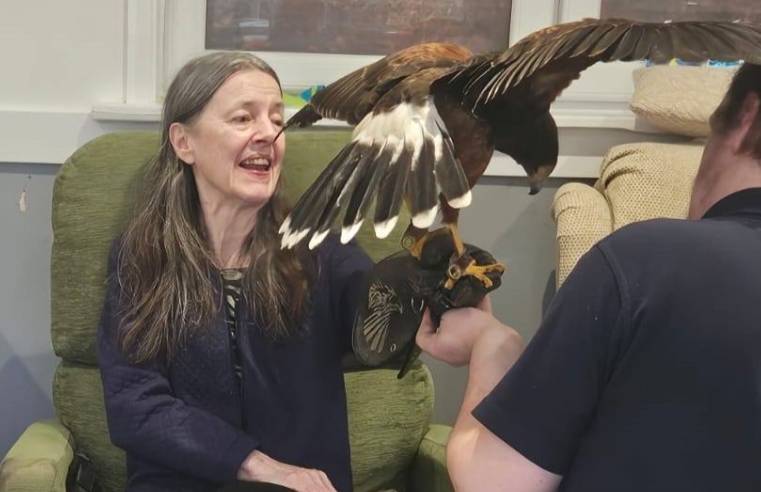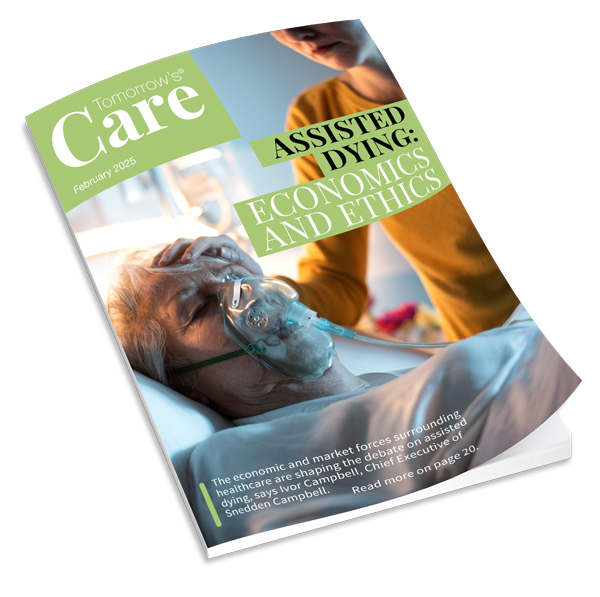The way in which pets support and enrich the lives of older people was celebrated at the House of Lords this week during the National Office of Animal Health (NOAH)’s Pet Event.
Hosted by veterinary surgeon peer Professor the Lord Trees, the event provided an opportunity for charities and individuals to tell their own stories about how animals help older people with their physical and psychological needs – and bring them joy and companionship. Guests also had an opportunity to meet some animals and their handlers and trainers in order to gain an insight into their work.
However, the event also highlighted some changes and improvements needed to allow this relationship to thrive.
Elizabeth Ormerod, past chairman of the Society for Companion Animal Studies (SCAS) highlighted the specific benefits that companion animals can bring. But she said changes in regulations are needed: “We need housing regulations which allow the keeping of companion animals and to allow the presence of companion animals in care and residential centres.
"SCAS calls for an urgent need to enact positive legislation to protect older people and their companion animals to support their health, wellbeing and quality of life and to prevent the unnecessary relinquishment and euthanasia of their animals. Our country would also benefit from considerable associated fiscal health costs savings.”
Tracey Crouch MP, chairman of the Pet Advisory Committee and co-chair of the APPG on Dementia spoke of the value of animals to people with this condition: “Pets are a wonderful example of non-clinical care that can have truly profound positive effects on the lives of older people. Evidence suggests that petting animals can be very beneficial to the wellbeing of people with dementia, and a great tool in tackling loneliness and isolation of older people. Care homes allowing already owned pets to enter with an individual can also provide a companionship that can be extremely calming and reassuring.”
NOAH along with fellow trustee the Pet Food Manufacturers Association (PFMA) will be continuing to raise the profile of this topic which will become the central theme to 2015’s National Pet Month, running from 1st April to 4th May.
























